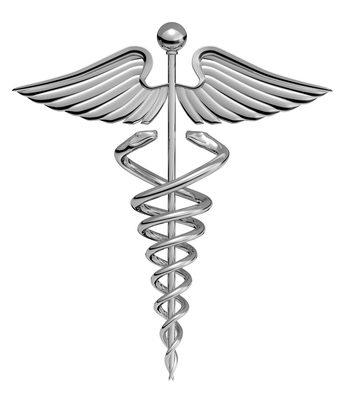 If you’ve found our degree guide, chances are you are considering a career in health administration and need more information. You may have questions about educational requirements and what kinds of jobs this field possesses. What are the career benefits of earning a master’s degree in health administration? What kind of work will a graduate with this degree be qualified to do? Read on to find out all you need to know about what you can do with a Master of Health Administration.
If you’ve found our degree guide, chances are you are considering a career in health administration and need more information. You may have questions about educational requirements and what kinds of jobs this field possesses. What are the career benefits of earning a master’s degree in health administration? What kind of work will a graduate with this degree be qualified to do? Read on to find out all you need to know about what you can do with a Master of Health Administration.
Health Administrator Job Description
Health administrators are expected to ensure that the facilities they control run smoothly. Depending on whether they are a generalist or only responsible for a particular department, they may also be in charge of their facility’s finances; this includes patient billing. Health administrators may also be expected to create work schedules for the facility’s employees and to communicate with heads of the different departments and medical staff.
Benefits of a MHA Degree
Those with master’s degrees in health administration may specialize in a number of areas including:
• Finance
• Human resources
• Nursing administration
• Patient care
With an aging population and recent changes in federal healthcare regulations, the healthcare industry is one of the fastest growing industries in the United States. At present, the industry accounts for roughly 17 percent of the nation’s economy; it is expected that there will be approximately 5.6 million new jobs added to this sector by 2020. Students with the right qualifications have the tools to advance to positions of leadership within this field. While it is possible to enter the field with only a bachelor’s degree, those with a master’s degree are prepared for leadership. Graduates from a MHA program have the tools to handle the management of healthcare facilities such as:
• Nursing homes
• Hospitals
• Clinics
• Rehabilitation facilities
• Mental health facilities
Graduates may advance through the ranks and eventually work as CEOs or CFOs of these facilities. They are prepared for their role with an education that covers healthcare and business administration.
Due to the fact that the healthcare industry is in a constant state of change, there is a profound need for talented leaders who are able to help deliver quality healthcare; however, there is also a need for MHA graduates outside of the industry as well.
Careers Outside of the Healthcare Industry
• The growth of the healthcare industry has created a corresponding need within the insurance industry. Insurance companies need those with backgrounds in healthcare to work in positions such as analyst and quality control managers.
• Nonprofit organizations that deal with healthcare also offer career opportunities for an MHA graduate. Within these organizations, an MHA graduate may be able to hold positions like community health organizer or health planner.
• The companies that supply healthcare facilities with equipment may also find the skills of MHA graduates useful.
Graduates of MHA programs are expected to have an understanding of all of the complexities of healthcare delivery. They will need to understand areas such as epidemiology and insurance, as well as healthcare law and strategic planning. Graduate programs will usually last two years and may include internships, residencies or fellowships. This is an exciting time to enter a healthcare career; having an MHA degree will not only prepare graduates for a financially rewarding career, but also for one in which they are able to make a difference to their community.
